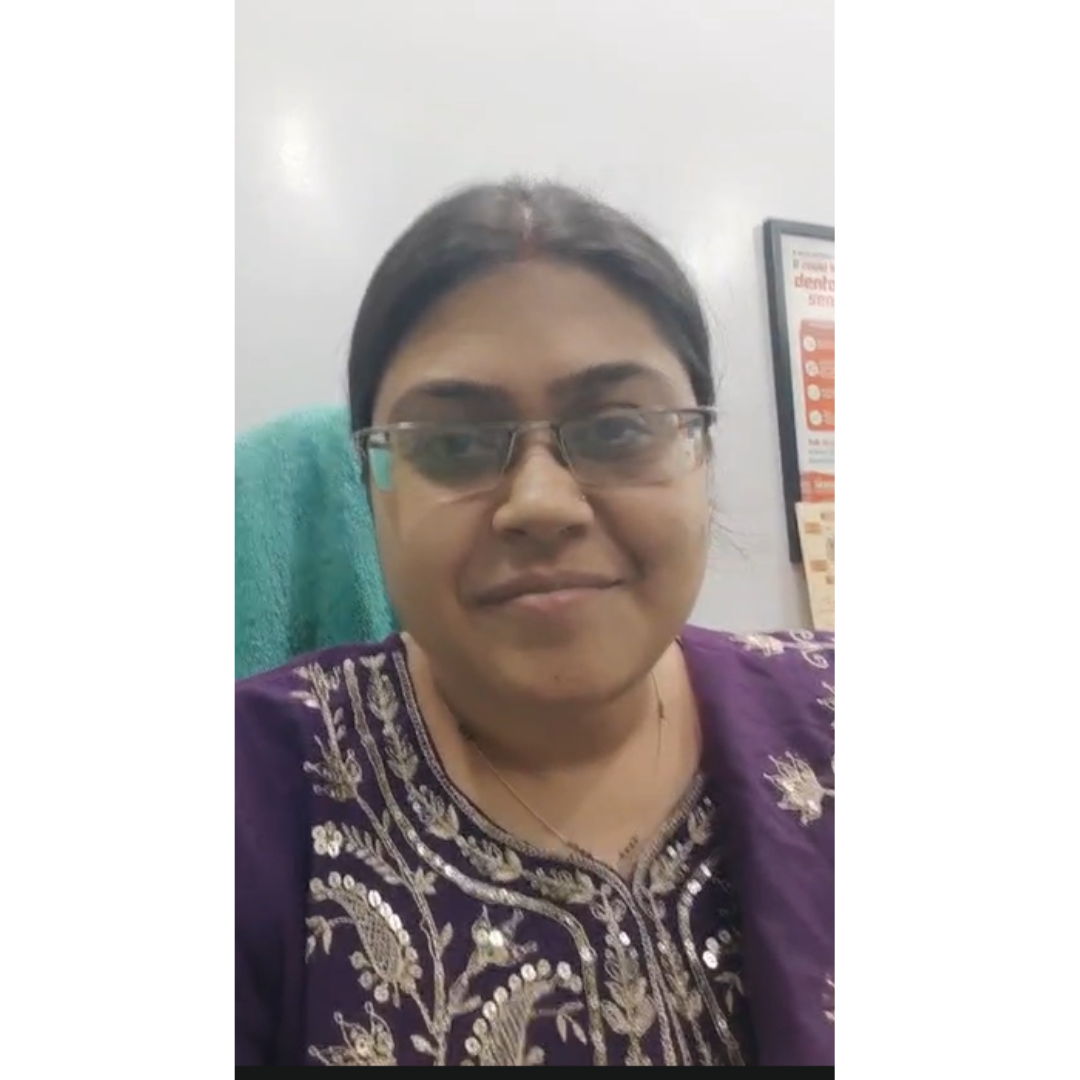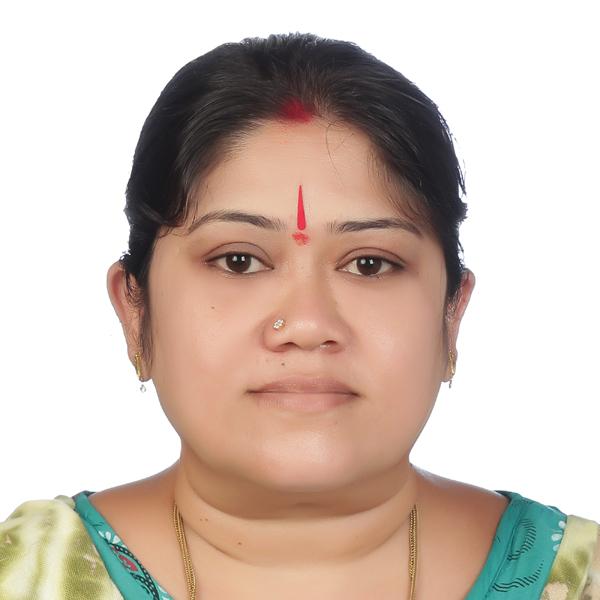Latest Update:
📢 Upcoming New Batches – February
🔹 Clinical Research: New batch begins on 11 February at 06:30 PM
🔹 Pharmacovigilance: New batch begins on 14 February at 05:00 PM
🔹 CDM (Clinical Data Management): New batch begins on 23 February at 07:00 PM
🔹 DSP (Drug Safety & Pharmacovigilance): New batch begins on 18 February at 09:00 PM- 🔹 Medical Writing: New batch begins on 20 February at 11:00 AM
- Clinical SAS vs Clinical Data Management
- 13 Principles of Good Clinical Practice
- What are Good Clinical Practices in Clinical Research
- My Career Shift: From BDS to Medical Writing via CareerInPharma
- Regulatory Affairs vs. Quality Assurance
- Top 50 Important SAS Programmer Interview Questions and Answers (2025)
- Best Career Options for Women to Make a Comeback in the Workforce
- How To Become A SAS Programmer
- Who are Best Clinical Research Companies or CROs in India?
- What Is The Scope Of Medical Writing In India
- Clinical Data Management Interview Questions and Answers
- Pharmacovigilance Vs Medical Coding: Which is Better?
- The Role of AI in Clinical Trials: Applications, Benefits, and Future Insights
- Best Institute in India for Clinical SAS Training and Placements
- What is the scope of Pharma Regulatory Affairs in India?
- Top Career Options for Lifescience Graduates
- M.Pharm in Regulatory Affairs
- How AI is Reshaping the Future of Medical Coding
- Are Free Clinical Research Certification Courses Worth It?
- The Role Of Regulatory Affairs Department
- Scope of Clinical Research in India and Abroad
- Medical Coding – A Promising Career for Non-Lifescience
- Artificial Intelligence (AI) in Healthcare
- Navigating the Future: Novel Trends and Innovations in Regulatory Affairs
- Diploma In SAS Programming Training
- Top 10 Benefits of Earning a SAS Certification
- Top Clinical Data Manager Job Responsibilities
- What to Expect from Regulatory Affairs Courses
- Clinical Research Jobs for Freshers: A Smart Choice
- Top 10 Reasons To Choose A Career In Clinical Research
- How To Get A Regulatory Affairs Job
- Soft Skill Training and Its Importance
- CPC vs CCS Certification: Which Medical Coding Certification Should You Choose?
- Top Non-Clinical Job after BUMS
- What to do After GNM Nursing
- Top 10 Tips to Pass Your Medical Coding Exam on the First Try
- What To Do After B.Sc. Nursing
- Medical Coding With Great Work-from-Home Career Option
- What To Do After BUMS?
- Best Career Options after Physiotherapy
- A Day in the Life of a Regulatory Affairs Specialist in Pharma
- Why MBBS Graduates Are Choosing the Pharma Industry Over Clinical Practice
- Responsibilities of Clinical Research Coordinator
- Is Medical Coding a Good Career in India?
- Medical Coding Interview Questions
- Things You Should Know About Medical Coding
- Is Clinical Data Management Course Good for B.Pharma Students?
- What is a Case Report Form (CRF) in Clinical Research?
- Current Trends in Clinical Research: A Look at 2025
- Types of Pharmacovigilance: What is Pharmacovigilance
- Best Clinical Research Institutes in Bangalore
- Difference Between Clinical Research and Clinical Trials
- The Benefits and Drawbacks of Integrating AI in Medical Writing
- Breaking Boundaries: The Inspiring Journey of Dr. Neema Bisht
- Pharmacovigilance Certification Course
- Pharmacovigilance Training Institutes in India
- How to Choose the Right Clinical Research Course for You?
- Medical Writing Jobs Abroad: Opportunities for Freelance & Remote Work
- Roles and Responsibilities of Drug Safety Physicians
- Clinical Data Management Jobs: A Comprehensive Guide
- Top Clinical Research Companies and Organisations
- How to Become a Clinical Data Manager
- The Complete Guide Clinical SAS Programming Course
- Diploma In Clinical Research
- Electronic Data Capture (EDC) System in Clinical Trials
- Regulatory Affairs Interview Questions and Answers
- Best Clinical Research Courses in 2025: Redefine Your Career
- BSc Biotechnology Scope: Career Opportunities and Job Prospects in 2025
- Top 25 Clinical Research Interview Questions
- Best Clinical Research Course in India
- Job Opportunities After BAMS (Bachelor of Ayurvedic Medicine and Surgery)
- Pharmacovigilance Job Inside IT Companies
- What To Do After BAMS?
- After BHMS What Can I Do?
- Job After B Pharma: Top Career Opportunities in 2025
- What To Do After MDS?
- 20+ Pharmacovigilance Interview Questions and Answers for 2025
- What To Do After BSc in Botany?
- Best Clinical Research Training Institute in India 2025
- What To Do After BDS?
- What to do After MSc in Biotechnology in 2025?
- What to Do After B.Sc. Biotechnology In 2025
- What To Do After MBBS In 2025?
- Clinical Research Institutes In India: Shaping the Future of Healthcare
- Future In Clinical Research: 7 Strategies For Building A Bright Career
- Exploring Career In BDS: Opportunities and Pathways in Dentistry
- Career In Pharmacovigilance – Explore Rewarding Opportunity
- How to Start Your Clinical Research Career In India
- Impact Of AI In Pharmacovigilance
- A Career In Clinical Research
- Career As Clinical Research Associate
- What is Site Management Organisation (SMO) in Clinical Trials?
- The Future Of Pharmacovigilance
- Pharmacovigilance History & Future In India
- Best Career Opportunities for Pharm.D Graduates
- Clinical Research After MBBS: Career Opportunities
- Role Of Drug Safety Associates Inside Pharmacovigilance
- How to Become a Medical Writer: A Comprehensive Guide
- Best Career Options After BDS In India
- Career in Pharmacovigilance – A Great Option For BDS Graduates & Dentists
- Database Used in Pharmacovigilance: An Overview of Argus Safety Database
- Non-Clinical Career for Dentists
- Scope of Pharmacovigilance – Its Role and Responsibilities
- Pharmacovigilance Companies In India






